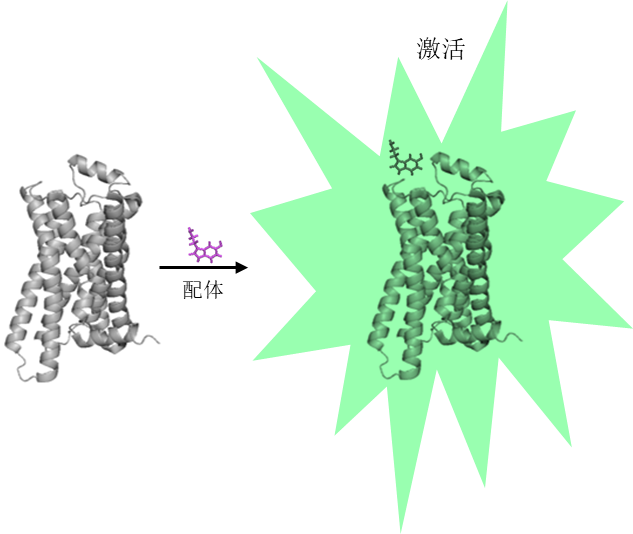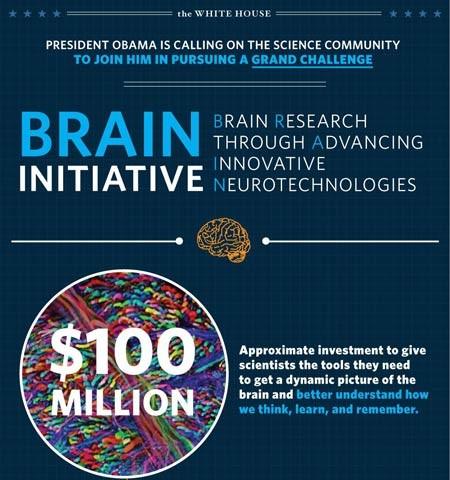Neurotransmitters and neuromodulators are of vital importance in diverse physiological conditions of the brain. However, due to the limited performance of existing detection methods, the temporal/spatial dynamics of neurotransmission and neuromodulation in their neuronal microcircuits remains largely elusive.
Dr. Yulong Li, a principal investigator of IDG/McGovern Institute For Brain Research, School of Life Science at Peking University, together with his collaborators Drs. Andrew Hires and Zhang Li at University of South California, receives a three-year grant from the Brain Research through Advancing Innovative Neurotechnologies (BRAIN) Initiative?, a research initiative generously supported by the US government, in July 2017. Dr. Yulong Li and his collaborators strive to develop a suite of powerful toolkit, namely genetically-encoded GPCR (G protein-coupled receptor) activation-based fluorescent sensors, to monitor activity and dynamics of neural circuits in health and disease.

Genetically-encoded GPCR activation- based fluorescent sensors

The BRAIN Initiative
The BRAIN Initiative is aimed at revolutionizing the understanding of the human brain. Based on accelerating the development and application of innovative technologies, just as the research in Dr. Yulong Li’s group has been focused on, researchers will be able to produce a new dynamic picture of the brain in both physiological and pathological conditions.
“It is a great honor for my team and collaborators.” said Dr. Yulong Li, “We will carry on answering important questions in the field of neuroscience with the generous support from the BRAIN Initiative.”